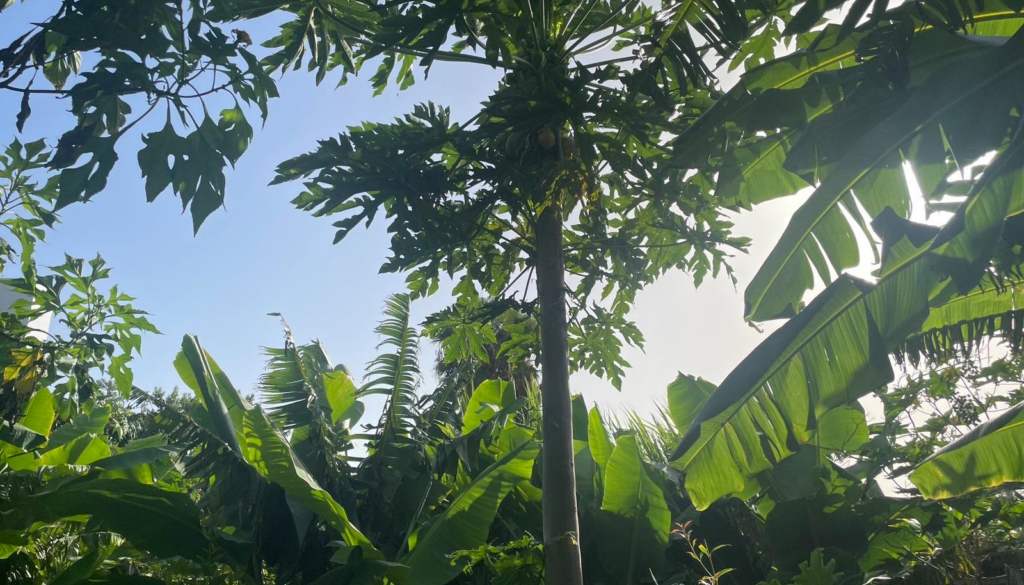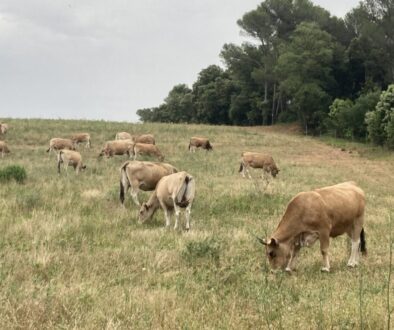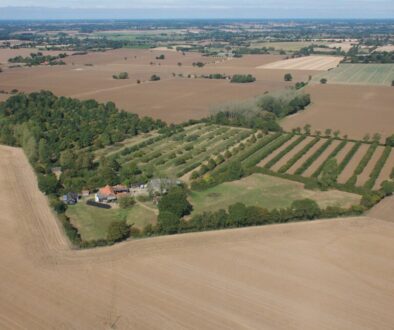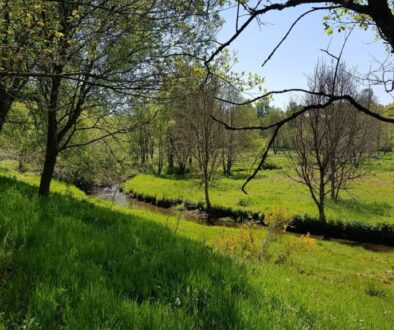Platanológico – working with nature is logical
By Leon Bessert, DeFAF, National delegate for Germany in EURAF,
On his farm “platanológico” situated on the island of La Lalma, Fran Garlaz has created a suptropical food forest, using organic and regenerative farming techniques to produce nutritious food. His aim is to work with nature and the principle of cooperation in ecosystems. Off the coast of Morocco lie the Canary Islands, which are part of the Spanish territory. The westernmost island is La Palma, also known as “la isla verde” – the green island.
Fran Garlaz studied ocean dynamics and worked in the field of fluid mechanics. 18 years ago, he realised that the dynamics of the oceans were changing and that humanity needed to change the way it worked with nature and produced food. Hence, he decided to contribute his work to biodiversity conservation and agriculture.
“Working with nature is like music, a dance”
By applying organic farming principles and integrating trees into his banana plantation, he has been a pioneer for agroecology and agroforestry on La Palma for 8 years. During the eruption of the volcano “Tajogaite” 2 years ago, the plantation was severely damaged and cut off from the water supply. He managed to save a small part of the thriving food forest which I had the pleasure of visiting. From this island of biodiversity, he wants to rebuild his farm and needs support!
On a tour of his food forest, Fran Garlaz takes the time to explain soil science, microbiology and physics in an entertaining and easy-to-understand way. The farm is “an organism that needs diversity”.
His main crop, the banana Musa acuminata, has its origin as an herbaceous perennial and a pioneer species of the rainforests of South Asia, where it grows alongside woody species in the first stage of succession. A perfect crop for agroforestry systems! Musa requires a lot of water, even more than the avocado, Persea americana. In agroforestry systems, the water retention integration of woody perennials increases water retention and is therefore very suitable for the water-loving banana crop. Although there is plenty of water on La Palma, Garlaz argues that water scarcity could still become an issue due to changing ocean dynamics.
“Without water, there is no life”
Moreover, the last 2 years have shown that access to water is not a given and water retention is always an important issue and a good reason for agroforestry systems.
The holistic approach of “platanológico” is also visible in the integration of animals on the farm. As well as chickens, there are many ducks and even some donkeys, which play an important role in building healthy soil. In addition to composting all available organic material, Fran Garlaz makes his own compost tea which is a common practice in regenerative agriculture that improves soil microbiology and fertility.
Due to the damage caused by the volcanic eruption, Fran Garlaz is running a crowdfunding campaign to restore his farm and plant new banana plants and other trees. As a first step, new banana plantations will be established and organically managed right next to the diverse food forest. The mission is to be a showcase for other banana farmers on the island, who usually manage their plantations with high inputs of pesticides and synthetic fertilizers. In the future, new islands biodiversity and food forests will emerge and hopefully also large-scale agroforestry systems. With his holistic approach, Fran Garlaz is an ambassador for a sustainable agriculture that produces healthy food from healthy soil while preserving biodiversity. To transform the way food is produced, Fran Garlaz argues that we need to “put our confidence into nature”.



